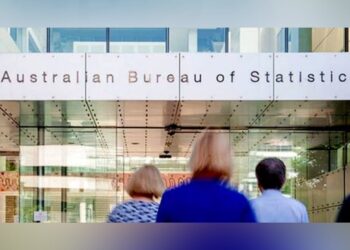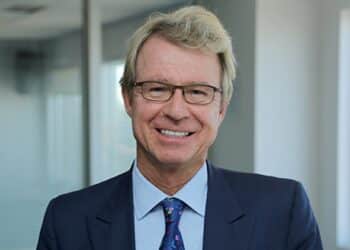The Liberal senator made the comments in a discussion with Rice Warner founder and executive director Michael Rice during a Financial Services Council webinar on Thursday.
The government delayed the release of its final report from the Retirement Income Review until late July, but its response has been tipped to be delayed until the release of the federal budget, given the impact of COVID-19.
The review was set to examine the three pillars of retirement income: super, the Age Pension and voluntary savings.
Mr Bragg, who is a former FSC policy head, noted that the government should be focusing on lowering reliance on the age pension, saying current projections are “not good enough”.
The government’s 2015 Intergenerational Report forecast in 2054-55, the proportion of people eligible for the Age Pension that is receiving it will be around 67 per cent, compared to 70 per cent in 2013-14.
“I think what has troubled me for a long time, including when I worked here, is that the intergenerational report says that you’ll still have 70 per cent of people on the pension in 2050,” Mr Bragg said.
“I think we should be getting that down towards 50 per cent. And I think part of the objective that we should have for the scheme is we should have a target for what proportion of the population we actually want to be self-funded.
“… We should be a bit more ambitious. If we’re going to put 10 per cent of people’s salaries and wages into super then we want to see half the population off the pension.”
Mr Rice interjected: “I think that you’d find that you’d need to put more money in as a contribution to get that, whether it’s voluntary or compulsory.”
Previously, Mr Bragg has pushed for the legislated increase to the superannuation guarantee (SG) to 12.5 per cent to be put on hold.
But Rice Warner recommended last year that without the age pension, Australians would need an SG rate between 15-20 per cent to provide them with an adequate retirement income. Allowing for the age pension, the ideal setting it found would be in the range of 10-15 per cent.
The super guarantee, which has sat at 9.5 per cent since 2014, was set to face its first increase in seven years to 10 per cent next year, before eventually reaching 12 per cent in 2025.
Speaking to Mr Rice, Mr Bragg instead suggested the SG remain at its current rate, as recommended by Treasury, and further contributions should be voluntary in the interests of more control being given to members.
“But if people were saving 15 per cent and that was getting… people in middle Australia off the pension, that is sort of what we’re wanting to do,” the senator said.
“I don’t think that’s an SG rate question, I think we need to encourage people to save voluntarily. Canberra should be providing all the capacity for people to save voluntarily, because we actually want people to take control of their lives and to control their futures.
“The whole idea that everything is running through government mandate has not been particularly successful so far.”
Mr Rice noted Rice Warner’s long-term estimates that forecast the age pension could cost around 2.1 per cent of GDP by the end of the century, from its current 2.6 per cent.
“Now, it’s much higher in most other countries, so I don’t personally see that as a failure, I think the system is working,” Mr Rice said.
“I think the reality is a number of the people on the pension today is a feature of failed policies of the past and we are now paying for the fact that they weren’t able to save.”







